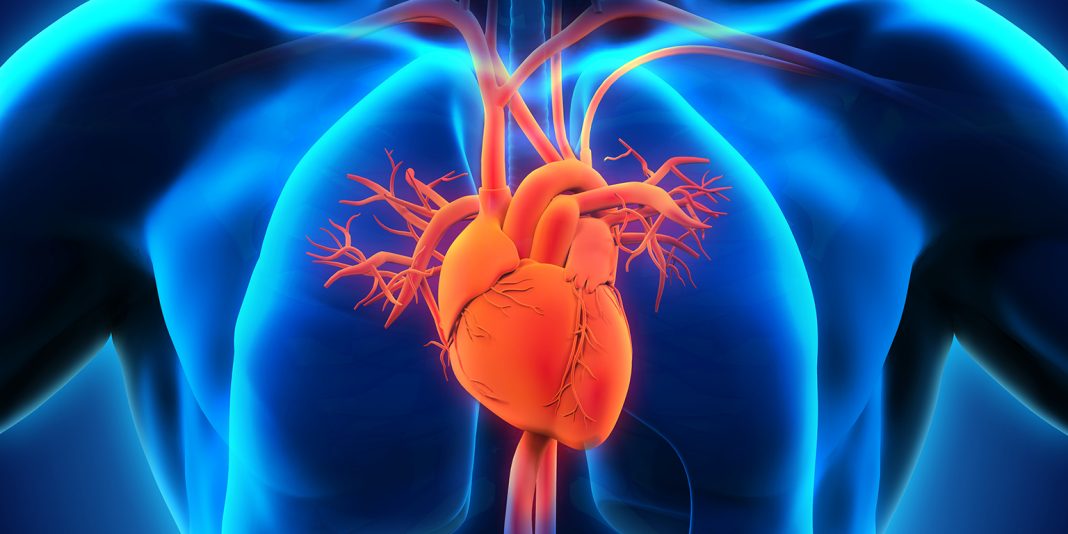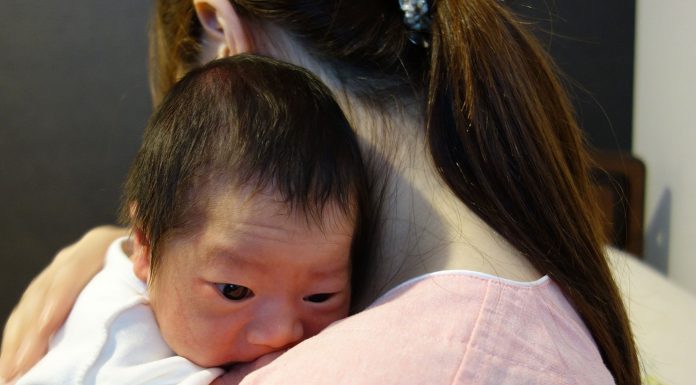Taueetia-Su’a, an experienced practice nurse and primary health organisation researcher received her PhD in public policy from Victoria University for research into Samoan people’s knowledge and understanding of cardiovascular disease (CVD), its risks and the lifestyle changes required.
Her research was prompted by her own nursing work and questioning whether patients understood the information they were provided following a cardiovascular risk assessment.
“I found a lot of people would get a CVD risk assessment done, but not know why they were there or what the results meant.
“The disease is known as the ‘silent killer’ because patients might not know they are at risk. They feel fine, they feel strong, and if they aren’t fully informed, they may not think it’s necessary to make lifestyle changes.”
She interviewed 16 Samoan patients and seven practice nurses in the Wellington region and found poor comprehension of English and low health literacy created barriers to many Samoan patients’ understanding of CVD, which resulted in a low uptake of management strategies such as exercise, a healthy diet and regular risk assessments.
Taueetia-Su’a also found that cultural differences impeded Samoan patient’s understanding and adoption of lifestyle changes.
Her thesis highlighted the importance of the nurse’s role in primary health services and amongst her recommendations to practice nurses was ensuring good communication to enhance partnerships between Samoan people and health professionals including offering culturally appropriate service that embraces fa’a Samoa—the Samoan way of doing things— and the community.
“Samoan culture is very much centred on the family, community and village, not the individual. If the health system is to effectively motivate the patients to lower their CVD risk by eating healthy and exercising, it needs to involve the whole family. Family members should be invited to attend risk assessments to hear from the doctor or nurse because it’s likely the mum is doing the cooking and the family can support lifestyle changes.”
She says letters sent out to patients asking them to come in for a CVD risk assessment should be clear and unambigious, appointments should allow time for questions and, when appropriate, use community health workers and family to assist in explaining risks and lifestyle changes. An easy and practical health education plan should be developed and followed-up to help support lifestyle changes like physical activity, diet and the regular taking of medication.
Health Services Research Centre director Professor Jackie Cumming says Taueetia-Su’a’s research identifies some key issues that health services need to take into account to work better for Samoan people in relation to CVD.






















